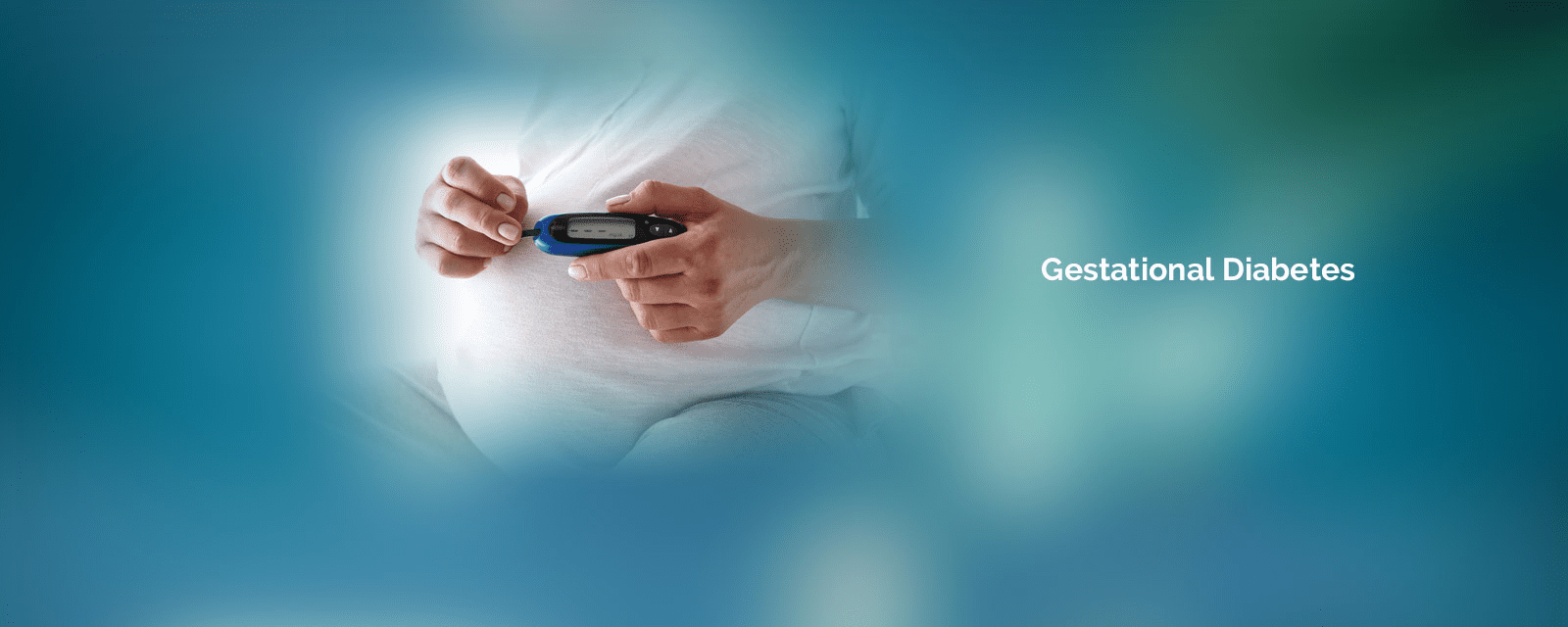Gestational Diabetes is a diabetes that happens only during pregnancy. Like Type 1 and 2 diabetes, gestational diabetes results in high blood sugar levels. If you have it, you still can have a healthy baby, and chances are, once it’s born, you might not have diabetes anymore. Having said that, it increases your risk of developing type 2 diabetes. Prevalence of this condition in India was observed at 9.9% to 16.5% (of pregnant women) in different areas.
Gestational diabetes typically doesn’t have any symptoms or signs, which is why screening tests during pregnancy are really important. Blood tests usually confirm the diagnosis. In some rare cases, there may be increased thirst and hunger, as well as increased urine frequency.
Health care should be sought out as soon as you start planning a pregnancy. Doctors will perform test to evaluate your overall health for childbearing. The importance of this cannot be stressed enough. Always trust premier institutions like Paras Hospitals which have specialized departments for the treatment and management of your specific condition.
Doctors don’t know why some women develop gestational diabetes, but they do know how it happens. During pregnancy, the placenta, which connects the blood supply of a mother to that of the baby, produces high levels of various hormones. As the baby grows, the placenta starts producing more and more hormones. In gestational diabetes, these hormones provoke an elevation in blood sugar to the point that it negatively affects the health of the mother and the child. Other risk factors include:
- Age: Women greater than 25 have a greater chance of developing gestational diabetes.
- Family history: The risk increases if someone in your family has or has had diabetes, also if you have pre-diabetes.
- Excess Weight: Overweight people have a higher chance of developing gestational diabetes.
- Race: Non-white woman like those who are Black, Hispanic, American-Indian or Asian have a higher chance of developing this condition.
Gestational Diabetes, like other sorts of diabetes have to be managed. Doctors will plan the treatment and management strategies, which will include:
- Keeping close check on blood sugars
- Maintaining a healthy diet
- Exercising regularly (as authorised by your doctor)
- Medication, which will include insulin injections
- Monitoring baby’s health, which the doctors will do



 Call us at
Call us at